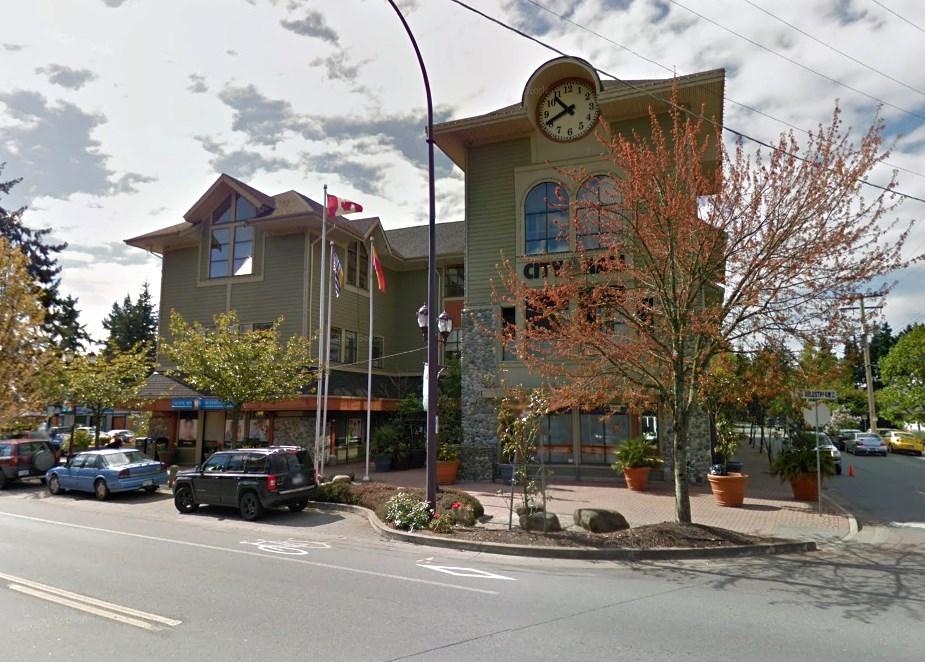A commentary by the past chair of Grumpy Taxpayer$ of Greater Victoria.
The law is clear that British Columbia’s mayors and councils must consider the well-being and interest of the people they govern and be accountable.
After all, local governments aren’t private businesses or personal fiefdoms, much less a playground for civic political parties. The threshold for transparent decision-making, engagement and accountability is much higher.
That allows the democratic process to flourish so the public can better understand and be more trustful and confident in their local government.
So, residents can’t help but wonder why there’s a closed-door approach to governing in Langford.
We know of no other large jurisdiction that discourages delegations.
First of all, you may have to leave work, fight traffic, and forget about your kids, in order to make a 5:30 p.m. council meeting.
While council meetings are open to the public, delegations aren’t heard, or welcome it seems, at regular council meetings barring exceptional circumstances. Any request to speak is referred to a standing committee.
This is unusual. After all, what politician doesn’t want to hear from a resident?
As a result, concerns are only heard by a portion of council sitting on some committee. Disgruntled taxpayers and controversy are shunted off to a standing committee which almost always escapes the media spotlight.
We know of no large jurisdiction aside from Langford that doesn’t readily encourage and inform its residents about freedom of information requests.
Most municipal websites outline the process, the contact person, and provide a request form.
In 1996, Freedom of Information and Protection of Privacy Act legislation was brought in by the province. It gives you access to records and information created and compiled by the public bodies of B.C. and also a way to access general information about non-personal information or records that could be released, in whole or in part, to anyone.
There were plenty of reasons to bring in the law, as governments have substantial power over citizens that’s subject to abuse.
While under pre-pandemic conditions residents could sit obediently and watch Langford’s council meetings as observers, finding out what happens if you’re not in attendance is another matter.
In Langford, there are no audio or video recording to view the discussion and debate on an issue.
Brief minutes appear weeks later, a month later during the pandemic crisis. More often than not, this strongly dissuades the media from attending and putting issues out into the public forum.
This allows the issues to be downplayed and manipulated, if not hidden — mission accomplished if you want to stay out of the public eye and avoid scrutiny.
It’s also the only large local jurisdiction that doesn’t post council remuneration, benefits and expense policies.
Neither does it provide a link to mayor and council’s annual filings every January mandated under the B.C. Financial Disclosure Act.
By listing assets, liabilities and sources of income, it allows residents to spot any potential conflicts of interest. It’s impossible to view these documents — that’s the alternative — when city hall is closed for business.
We know of no large jurisdiction or progressive municipality aside from Langford that’s so reluctant to inform residents.
Regular newsletters, paper or electronic, are used by Victoria, Saanich and the Capital Regional District, among others. Langford sends out only one annually with its tax notice.
Dashboards are used by Victoria, Vancouver and Nanaimo, among others, to record how councillors vote on issues or if they even show up. Langford has no dashboard.
We know of no other large jurisdiction in B.C. aside from Langford that doesn’t webcast council webcasting.
Along with many residents, we reject excuses that there’s insufficient budget since the provincial COVID Restart Fund allows for the purchase of technology. We reject the notion that there are few calls for webcasting and that teleconferencing works well. We have heard otherwise.
Langford is a prosperous and progressive community with about a $100-million budget (that just received a federal grant to mitigate the pandemic).
Discussing council webcasting in-camera and not releasing the staff report that informed their decision in December is alarming.
Frequent in-camera meeting and refusal to make this staff report public are contrary to the Community Charter which says it must, “… reasonably be expected to harm the interests of the municipality if they were held in public (Sec. 90 (1) (k)).”
Pray tell, how?
The mayor, head and chief executive officer since 1993, was not present at the Dec. 7 in-camera vote on refusing the webcasting and recording of council meetings and releasing the staff report. He has the power and opportunity to ask council on Jan. 18 — hopefully not in-camera — to reconsider the matter.
In Langford, democracy shouldn’t die in the darkness.



